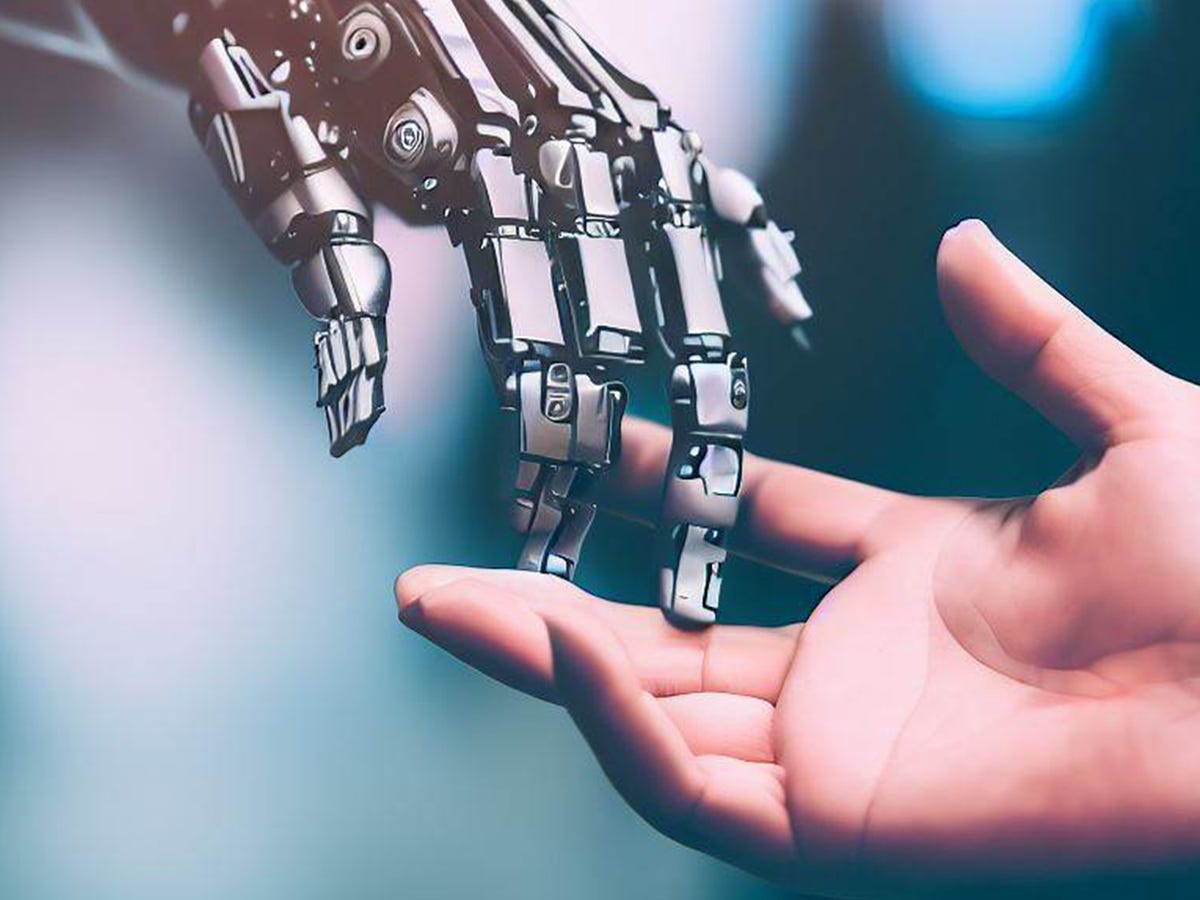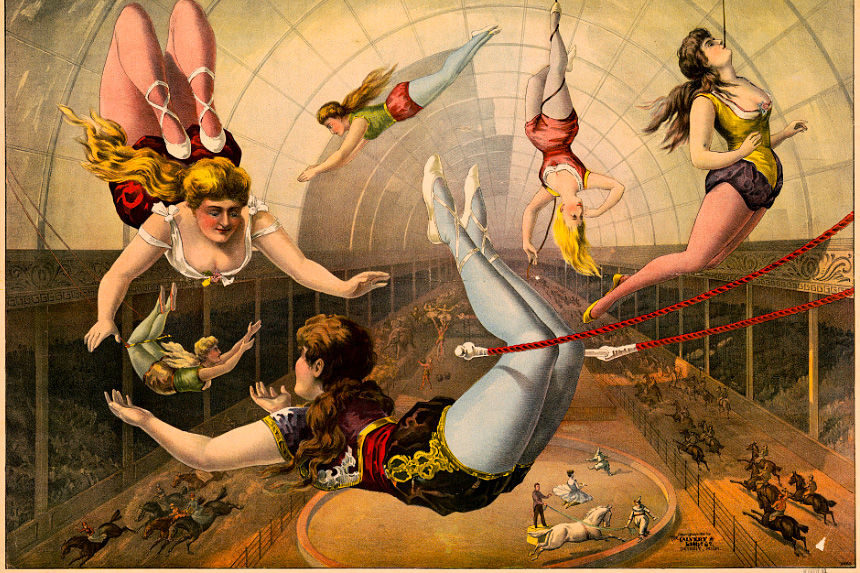Introduction
In the ever-evolving landscape of Human Resources (HR), technology has been a driving force in streamlining processes and enhancing efficiency. As we move into the future, the integration of Artificial Intelligence (AI) and automation is set to revolutionize HR practices, promising a host of benefits for both HR professionals and employees. In this blog, we embark on a journey to explore the potential of AI and automation in HR, shedding light on the transformative impact it will have on the workplace and the workforce.
1) The Rise of AI in Recruitment: Finding the Perfect Match
Recruitment is a time-consuming process that requires sifting through countless resumes and conducting interviews. With AI-powered tools, HR professionals can now optimize the candidate selection process. AI-driven algorithms can scan resumes, assess candidate suitability based on predefined criteria, and even conduct initial video interviews. This not only saves time but also ensures a more objective and data-driven approach to hiring, leading to better matches between candidates and job roles.
2) Data-Driven Decision Making: Insights for HR Strategy
AI and automation offer a treasure trove of valuable data that can be harnessed to drive informed decision-making. People analytics tools can analyze employee data to identify patterns, trends, and potential challenges. From predicting turnover rates to measuring employee engagement, HR professionals can use data-driven insights to craft effective HR strategies and foster a more engaged and productive workforce.
3) Enhanced Employee Experience: Personalized and Efficient
AI-powered chatbots and virtual assistants are transforming the employee experience. Employees can access information, request leave, and receive HR support 24/7, enhancing the accessibility and efficiency of HR services. Additionally, AI can offer personalized learning and development recommendations, tailoring opportunities to individual career goals and preferences.
4) Performance Management and Feedback: Continuous Improvement
AI-driven performance management systems are replacing the traditional annual review with continuous feedback. These systems can track employee progress, offer real-time feedback, and identify areas for improvement. With regular insights, employees can take proactive steps to enhance their performance, resulting in a more motivated and engaged workforce.
5) Navigating HR Compliance: Ensuring Accuracy and Consistency
HR compliance is a critical aspect of managing a workforce, but it can be a complex and time-consuming task. AI and automation can assist HR professionals in staying up-to-date with changing regulations, ensuring accurate payroll processing, and maintaining compliance with labor laws. This helps reduce the risk of costly errors and penalties.
6) Skill Development and Upskilling: Identifying Learning Gaps
AI-driven skill assessments can help identify skill gaps within the organization. HR professionals can use this information to design targeted training programs and upskilling initiatives, ensuring that employees have the necessary competencies to thrive in a rapidly evolving business landscape.
Conclusion: Embracing a Transformative Future
As the future of HR tech embraces artificial intelligence and automation, the HR profession stands at the cusp of a transformative era. By leveraging AI's power, HR professionals can shift from manual, time-consuming tasks to strategic decision-making, putting the focus on fostering a positive employee experience and driving organizational growth. However, it's essential to remember that AI and automation are tools that complement human capabilities rather than replacing them. The human touch, empathy, and creativity of HR professionals remain indispensable in building a thriving workplace culture. As we embrace the future of HR tech, let's harness its potential to empower both HR professionals and employees, creating a more agile, efficient, and people-centric workforce for the years ahead.




